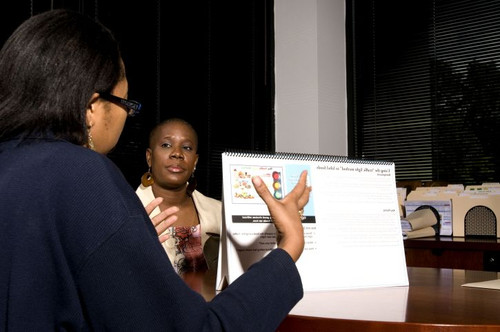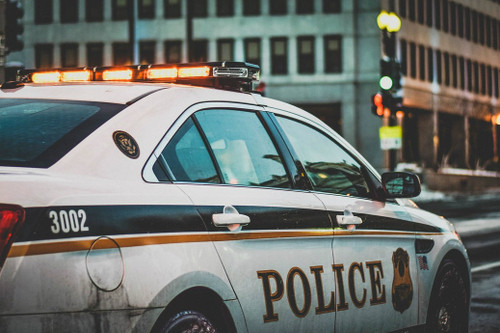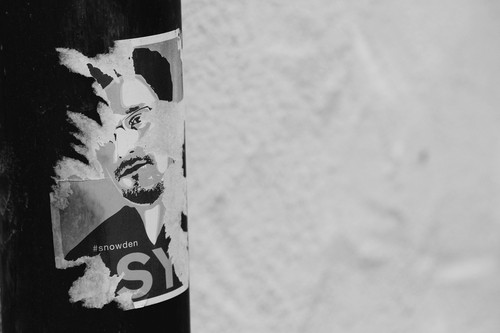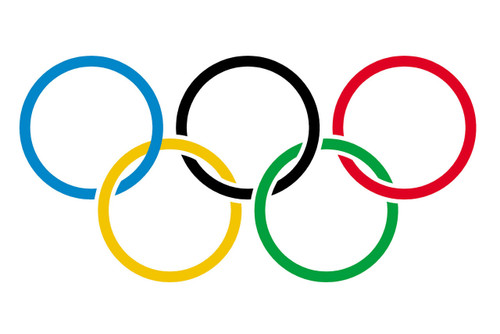Product Description
Abstract
The Rastafari of Jamaica have long recognized cannabis as the fibrous “Prince of Plants” (not a “drug”), cultivated and smoked for its medicinal benefits as well as for its psychoactive properties that aid in a spiritual quest with ancient origins. For Jamaicans more generally, the herb has long been part of the everyday civic culture, popular at sporting events, cultural functions, and intimate gatherings alike. However, the cultivation and importation of marijuana was illegal as early as 1913.
In 2014, Jamaica tackled the issue of decriminalization, reconciling private practice with public policy. This case study surveys the legal and social history of marijuana in Jamaica, following for comparison the international trends in legalization. Video interviews with Jamaican Minister of Justice Mark Golding, accessible via hyperlink in the case materials, also inform the debate.
Participants negotiate a role play between Rastafarian marijuana growers and Mark Golding. The parties consider Jamaica’s opportunity to host the Cannabis Cup, a competition and celebration of the skill of growing marijuana, and must agree on the actions Golding will take with respect to the Cup. This exercise asks participants to consider the domestic and international implications of such a project, and to interpret and leverage the Dangerous Drugs Act Amendment decriminalizing marijuana. Participants use Socratic questioning to find common ground: understanding the position and concerns of their negotiation partners and moving toward a mutually satisfactory solution.
Learning Objectives
- Become familiar with the history of Jamaica relevant to the decriminalization-legalization debate
- Understand the political dynamics that led to the criminalization of ganja (cannabis/marijuana) within Jamaica and globally
- Appreciate the changing legal contexts within which the future of ganja is being deliberated
- Become conversant with some of the major rhetorical moves shaping the liberalization debate
- Feel comfortable discussing the global implications of the proposed policy shift
Subjects Covered
Marijuana, decriminalization, ganja, cannabis, herb, deliberation, international law, illegal drugs, regulation, liberalization, social justice, law and order, Rastafarians, religious freedom, medical marijuana
Setting
Geographic: Jamaica; United States
Industry: Illegal Drugs
Event Start Date: 2014
Accessibility
To obtain accessible versions of our products for use by those with disabilities, please contact the HLS Case Studies Program at hlscasestudies@law.harvard.edu or +1-617-496-1316.
Educator Materials
Registered members of this website can download this product at no cost. Please create an account or sign in to gain access to these materials.
Note: It can take up to three business days after you create an account to verify educator access. Verification will be confirmed via email.
For more information about the Problem Solving Workshop, or to request a teaching note for this case study, contact the HLS Case Studies Program at hlscasestudies@law.harvard.edu or +1-617-496-1316.
Additional Information
New MOOC Blends Multimedia Case Studies and Synchronous Online Participation
The Jury Is In: New Cases Deliberate Social Issues in Cyberspace
Making the Case for Unfacilitated Case Discussion: How Students Make Meaning of Case Studies
Copyright Information
Please note that each purchase of this product entitles the purchaser to one download and use. If you need multiple copies, please purchase the number of copies you need. For more information, see Copying Your Case Study.







